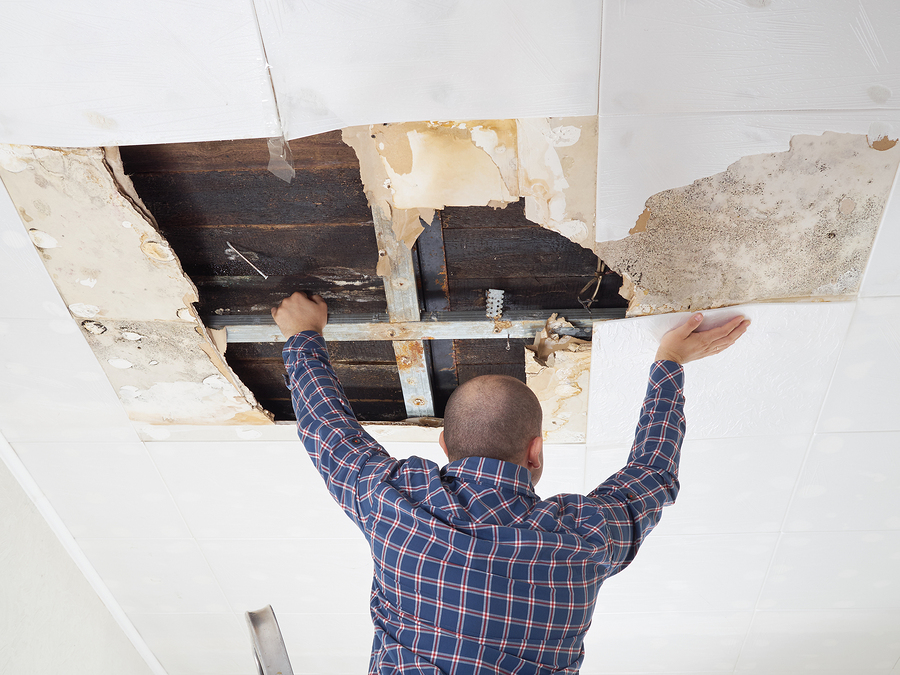With the multitude of tropical storms and natural weather events of record proportion, many are dealing with excess rainwater. Areas around some of the hardest hit places are not suffering from flooding, but from the rain that the storms bring with them. Rainwater can be damaging, just think of all of the water that falls at once. The quicker it falls, the more rain that accumulates and the more rainwater damage you can see as a result. That’s why it’s important to secure your home by checking the roof for leaks, doors, and windows for proper installation and sealing and the perimeter of your home for problem areas.
If your home has been lucky enough to avoid rainwater damage or moisture issues, you may think you’re safe. However, with the increase in unprecedented natural weather events across the country, it’s important to double check your property and make sure you are protected as best as you can be now. The system that you already have in place around your home, draining away from the house can become overwhelmed if more than usual amounts of rain come your way.
Moisture in your home from rainwater can, of course, cause mold to grow. This is why we urge homeowners to see the importance in updating and repairing drainage systems around the home. Focusing any drains at aiming rainwater away from the foundation of the home, fixing leaks in the roof and replacing leaking or moisture prone windows.
To protect your home from rainwater:
- Check to see if the ground slopes away from the foundation of your home. If you already know the ground is sloping towards your home, consider installing a trench to drain it
- Add extensions to the gutter downspouts, this helps to direct the water away from the foundation of the home
- Create openings on the border of flowerbeds to help the soil drain away from the house
- Keep roofs and gutters clear of debris
- Dig a Trench that extends to the lowest point of your property. Line the high end of this trench with some filter fabric and then fill with gravel or rock. This way the water will get filtered before clogging the drain.
- Hire a professional or if you’re handy build a Dry Well in the ground to fill with gravel or crushed stone. If you have a home that puddles or has a big pool of water after rainfall, this is a great idea to act as a makeshift drain to return the water to the ground
- After a thorough check, if you see an area of concern, hire a professional for a water damage assessment
These are some beginner tips to prevent moisture from getting into the home. If you already have a small leak or a problem that has been on your list to fix, make it your priority. Dealing with mold due to moisture in your home is a much larger and more hazardous problem in the long run. We’ve gotten very lucky in New York and New Jersey to have only been affected by rain as a result of these terrible stormes plaguing so many countries, and have only received a moderate amount of rain. Call us today for a water damage assessment to check protect your home now from moisture problems such as mold in the future.

